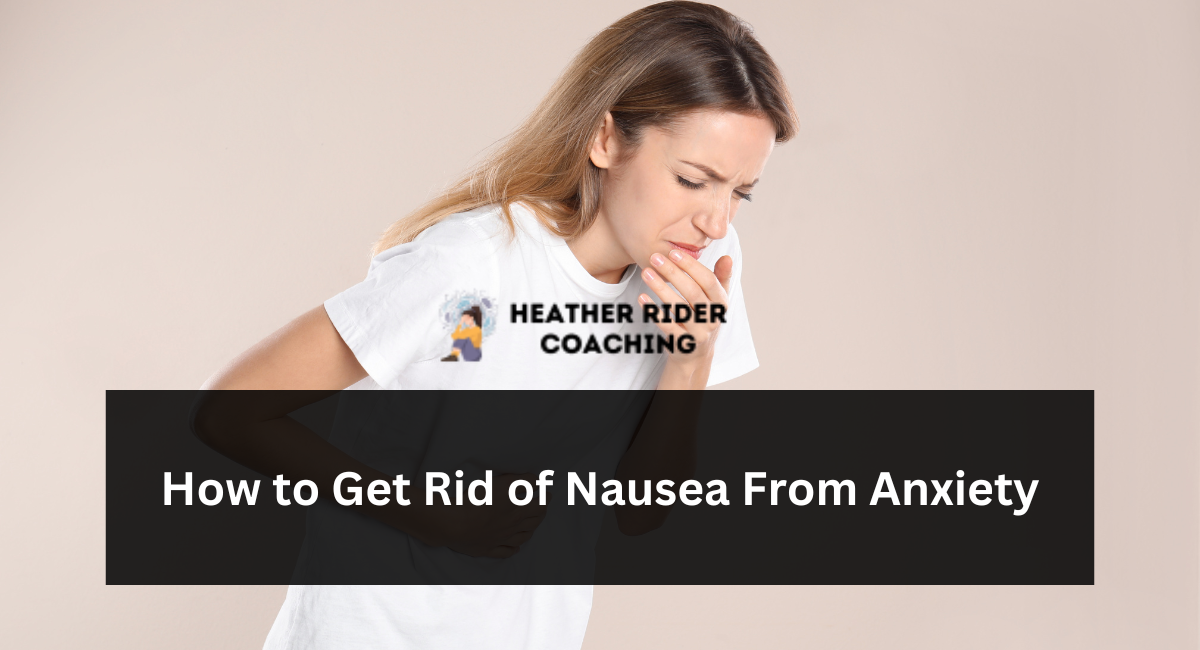Anxiety-related nausea is common during stressful situations. Therefore, you must learn strategies that help relieve the feelings associated with anxiety-induced nausea.
Natural remedies, like ginger, may help ease anxiety-induced nausea. Be sure to drink plenty of water throughout the day to stay hydrated and prevent dehydration – dehydration could make symptoms of nausea worse!
Stay hydrated
Studies have demonstrated that anxiety-triggered fight or flight reactions can have detrimental impacts on almost every body system, including your digestive tract. Hormone release disrupts bacteria that protect it, leading to potential nausea.
Take small sips of water throughout the day to help ease anxiety-induced nausea and keep your stomach hydrated without adding any ingredients that aggravate it. However, avoid drinking too much at once, which may lead to dehydration.
If anxiety-induced nausea persists, you must seek professional assistance. Lemonaid’s online therapy platform, K Health, offers instant access to licensed, certified mental health specialists who can help alleviate your symptoms. Connect with one of K Health’s counselors today to discover strategies for managing anxiety and nausea – it’s a safe, convenient, and cost-effective way of getting support!
Eat bland foods
Anxiety alters neurotransmitter levels in your body, leading to changes that cause nausea. Eating bland foods such as apples or soup can help. Also, eat slowly while sipping small water throughout your meal to help avoid vomiting.
Remember, anxiety-related nausea differs from feeling queasy after an unpleasant meal or being motion sick, and try to focus on positive aspects of the situation to ease your tummy.
If you find yourself frequently nauseated, speaking to a mental health professional may help identify and alleviate its source. They can provide strategies and medication to relieve nausea as well as other anxiety-related symptoms like fear. Anxiety is common; by following these simple tips, you can feel better soon!
Take deep breaths
When experiencing anxiety-induced nausea, take some deep breaths to soothe your stomach. Deep breathing involves taking longer, deeper breaths to offset short, shallow ones taken during high-stress situations. Focus on filling your lungs up slowly while exhaling. This type of breathing may also reduce heart rate and blood pressure, which often accompany anxiety attacks.
As much as these tips may help alleviate anxiety-induced nausea, the key is addressing its source. If you need assistance getting to the bottom of what’s causing it, consulting with a medical or mental health professional may provide insight and tools for dealing with anxiety-induced nausea – which typically disappears once stress decreases.
Stay calm
Anxiety is an inevitable part of life, but chronic anxiety can have detrimental effects on both mental and physical well-being. It may cause nausea; should these symptoms become intolerable, it may be worth consulting your physician. They may prescribe antinausea medication or provide other supportive measures that address anxiety directly.
Antacids may help with stomach issues like indigestion and nausea. Over-the-counter products like Tums can provide quick relief from anxiety-induced nausea; however, long-term use is not advised as these drugs do not address the underlying causes. Instead, try relaxing through breathing exercises, keeping hydrated by drinking clear liquids like water in small sips as often as possible, and avoiding heavy or fatty foods, which will only exacerbate nausea further.
Conclusion:
Alleviating nausea from anxiety involves adopting a holistic approach. Utilize relaxation techniques, maintain a balanced lifestyle, and consider therapy or counseling. Identifying triggers, practicing mindfulness, and incorporating stress-reducing activities can contribute to managing anxiety-induced nausea. By addressing the underlying causes and fostering overall well-being, individuals can work towards minimizing or eliminating this physical symptom.
